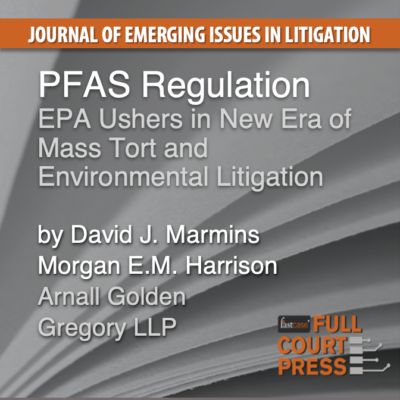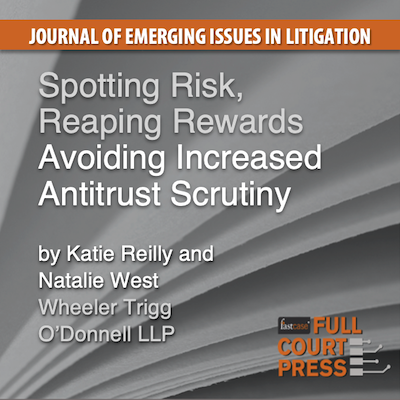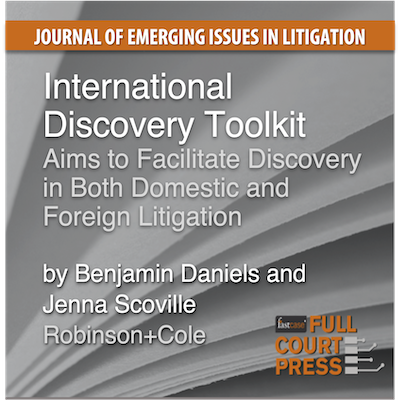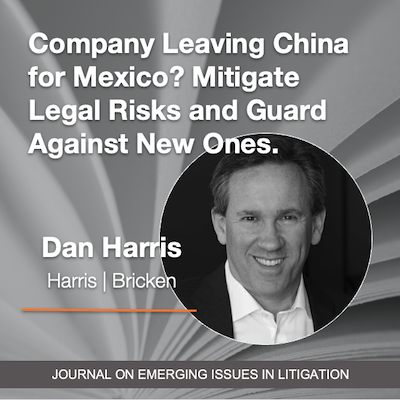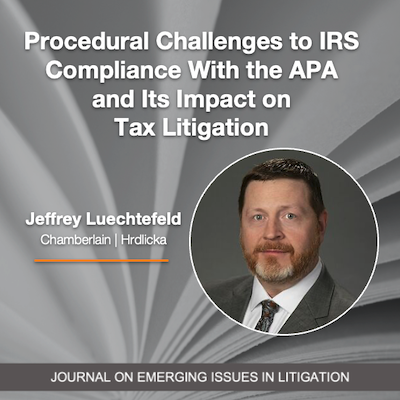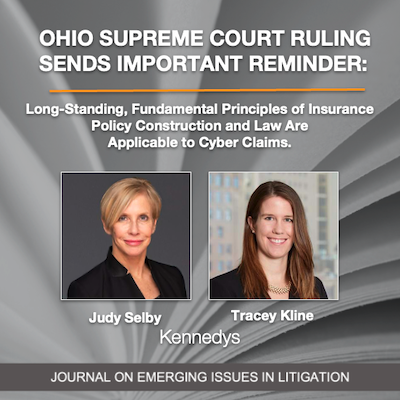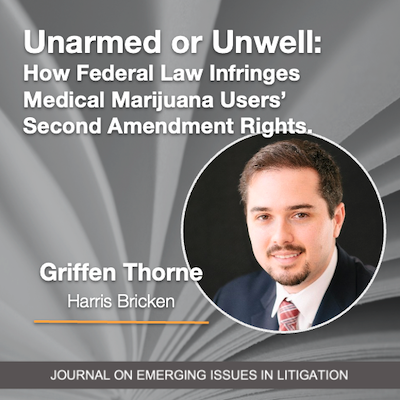Do NOT Select as Category. Use it’s tag.
Litigation After Biometric Privacy Law Violations: Policyholder Victories and Their Implications
Insurance companies are implementing new measures to try to avoid paying for liabilities attached to consumer and employee biometric privacy law violations. The authors, Cort Malone and Abigail Damsky explore the issues companies and policyholders should be examining to ensure adequate protection in the present and future. As the authors note, “as more states pass biometric privacy laws, it is critical not only to follow court decisions but also to understand how insurance companies are attempting to avoid liability for such claims.”






